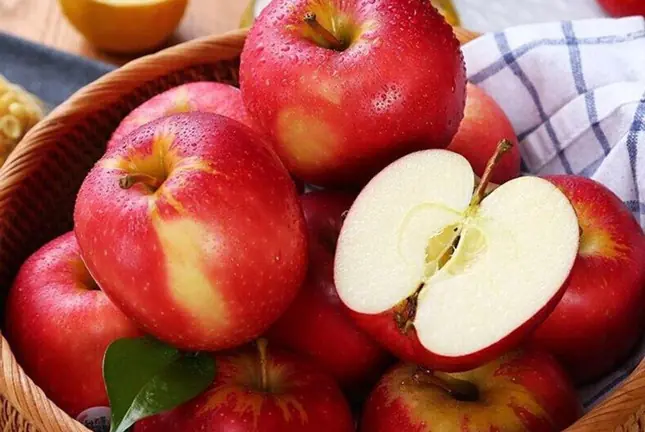
One Apple Before Bed — 5 Changes You Might Notice
5 Things That Happen to Your Body When You Eat an Apple Before Bed
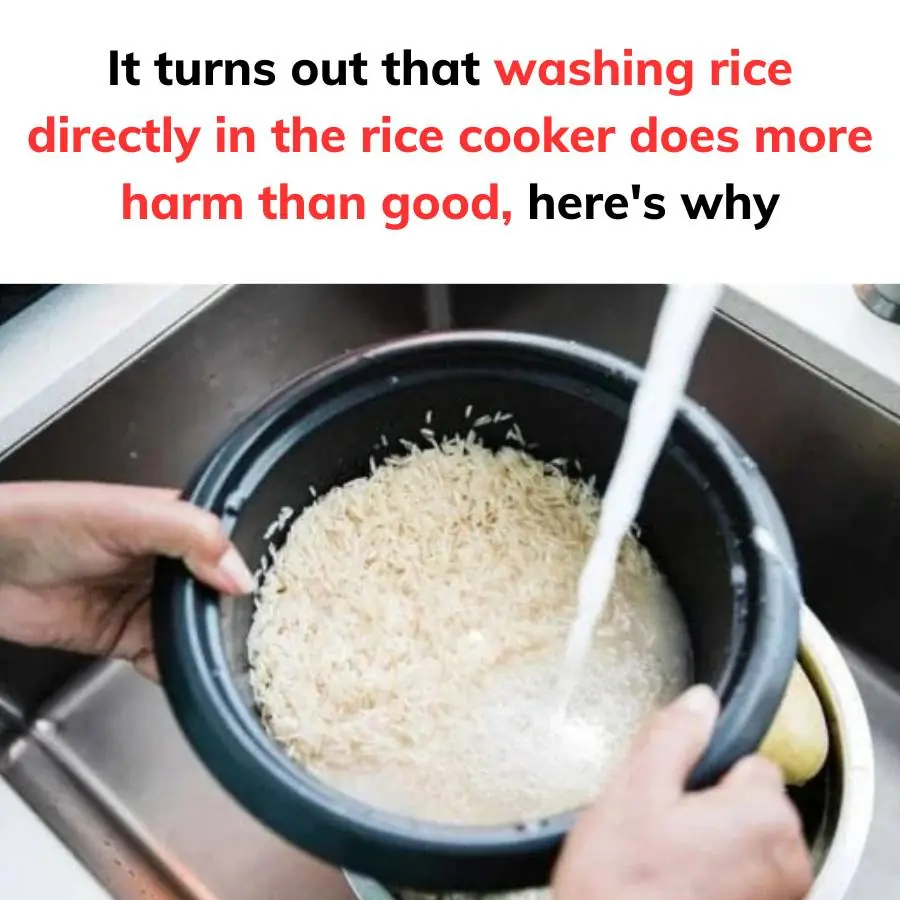
Give up the habit of washing rice directly in the rice cooker and replace it with a more hygienic way to wash rice to protect your health and prolong the life of the device.
Washing rice is an important step in the process of cooking rice, helping to remove impurities and ensure delicious, soft rice grains after cooking. Many people often wash rice right in the rice cooker because of its convenience, but this method is not recommended because it can affect both food hygiene and the durability of the pot.
Why shouldn't you wash rice directly in the rice cooker?
Washing rice in the rice cooker can cause many unexpected harmful effects, affecting the quality of the rice, the durability of the device and the health of the user. Here are the reasons why you should give up this habit.
- Damage the non-stick coating
Most modern rice cookers have a non-stick coating that prevents rice from sticking to the pot. When washing rice directly, the rice grains can rub and scratch the non-stick coating. Over time, this layer will peel off, making the rice sticky, burnt and even harmful to your health.
- Reduces the life of the pot
Not only is the non-stick layer affected, scratches also allow water and dirt to penetrate the metal underneath, causing oxidation and corrosion. This reduces the life of the rice cooker, forcing you to replace it sooner.
- Affects the quality of rice
A damaged non-stick layer can cause the rice to cook unevenly, stick or burn, reducing the quality of the meal. This is especially important for types of rice that need to be processed carefully, such as brown rice or white rice.
- Difficult to clean and harbors bacteria
Rinsing rice directly in the pot can cause dirt and bacteria to stick to small crevices or the lid of the pot. If not cleaned properly, bacteria can grow, causing the rice to have an unpleasant smell and affecting your health.
How to wash rice properly to protect the rice cooker
To keep the pot durable and hygienic, you should:
✔ Use a basin or colander to wash the rice instead of washing it directly in the pot.
✔ Stir gently with cold water to remove dirt without losing the nutritious bran layer.
✔ Wash the rice 2-3 times until the water is clearer but do not rub too hard to avoid losing nutrients.
Changing this small habit will help protect the rice cooker and bring delicious, safer meals for the whole family.
Common mistakes when using a rice cooker
Using a rice cooker incorrectly can affect the quality of the rice as well as the life of the device. Below are common mistakes that many people make when cooking rice.
1. Not reading the instruction manual
Each type of rice cooker has a different way of operating, from basic functions to advanced cooking modes. Ignoring the instructions may cause you to use it incorrectly, reduce cooking performance and risk damaging the appliance.
2. Not checking the power source before use
Incorrect power plugging or a loose outlet can cause the rice cooker to operate inefficiently or even be dangerous. Before use, make sure the power source is suitable and securely connected to avoid unwanted incidents.
3. Not cleaning the pot regularly
The rice cooker needs to be cleaned after each use to avoid the accumulation of dirt and bacteria. In particular, the pot, inner lid and steam valve need to be cleaned to prevent the rice from smelling and to ensure the pot operates durably.
4. Measuring rice and water in the wrong ratio
Each type of rice requires a different amount of water to achieve the right degree of doneness and softness. Adding too little water can cause the rice to be dry or undercooked, while too much water will make the rice mushy. Use the measuring cup that comes with the pot and follow the instructions for best results.
5. Open the lid when the rice is not cooked
Many people have the habit of opening the lid to check the rice during the cooking process, but this causes steam and heat to escape, affecting the cooking process of the rice. It is best to only open the lid when the pot has switched to keep warm mode.
6. Use the pot for the wrong purpose
Some people use the rice cooker to cook many different dishes without paying attention to the limits of the device. This can damage the non-stick coating or cause the pot to burn. If you want to cook other dishes, check if the pot supports that function to avoid reducing the product's lifespan.

5 Things That Happen to Your Body When You Eat an Apple Before Bed

What you may not know about the health benefits of dates

Protect Your Heart: 6 Foods That Lower Cardiovascular Risk
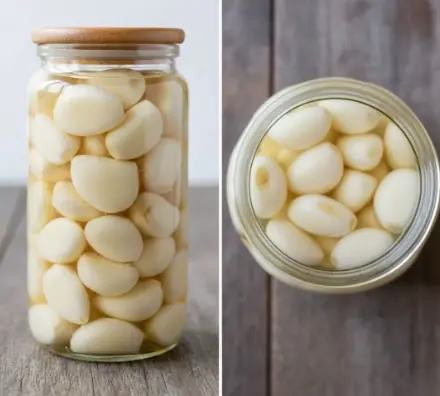
How to Make Vinegar-Pickled Garlic at Home Without It Turning Green

Often called a “superfood,” the winged bean has been gaining attention from doctors and nutritionists for its impressive range of health benefits.
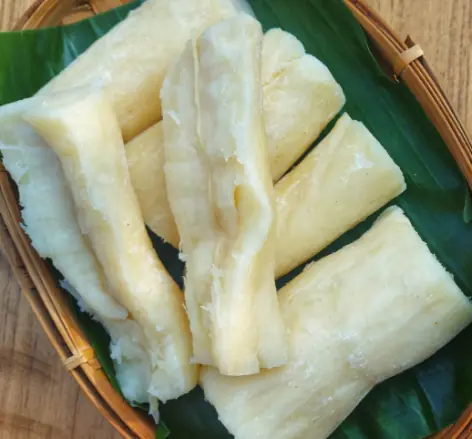
Every year, over 200 people die from consuming what is known as the “world’s deadliest food,” yet nearly 500 million people still eat it.

Heart attacks are often sudden and devastating, but the reality is that your body can give you warning signs months before the event occurs.

Kidney dam.age before age 30: Doctors highlight two common habits that may raise the risk

Doctors highlight 5 after-meal symptoms that may be associated with late-stage stomach can.cer
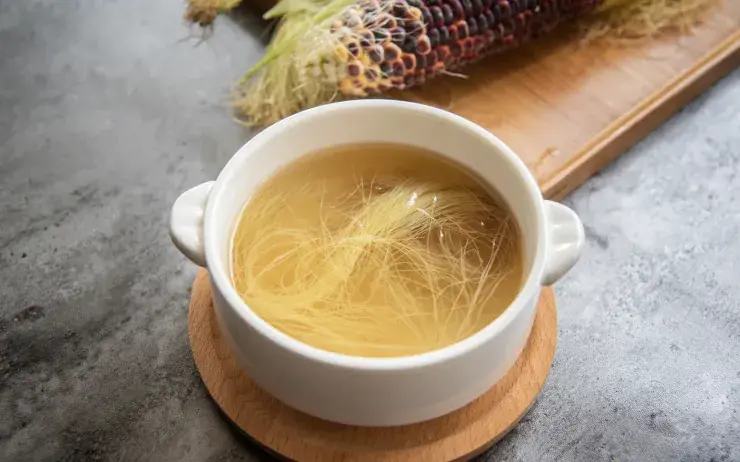
7 surprising uses and possible health benefits of corn silk

5 kinds of meat that raise potential health concerns, according to industry insiders

How your body may respond to a long-term habit of eating sweet potatoes in the morning

The X-ray That Exposed a Young Woman’s Chr.onic Constipation

4 everyday habits that may be weakening your immune system
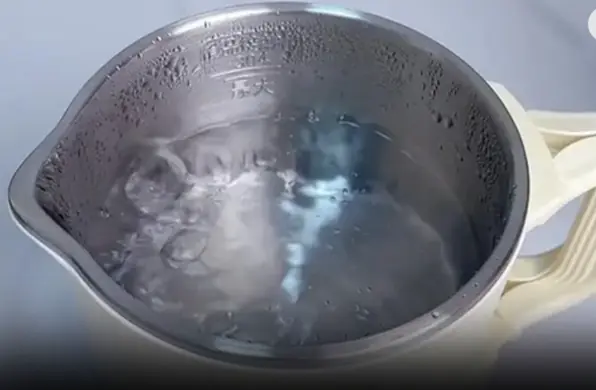
One Person Boils Water, Whole Family Gets Cancer? 3 Water-Boiling Habits That “Poison” Your Family Without You Knowing
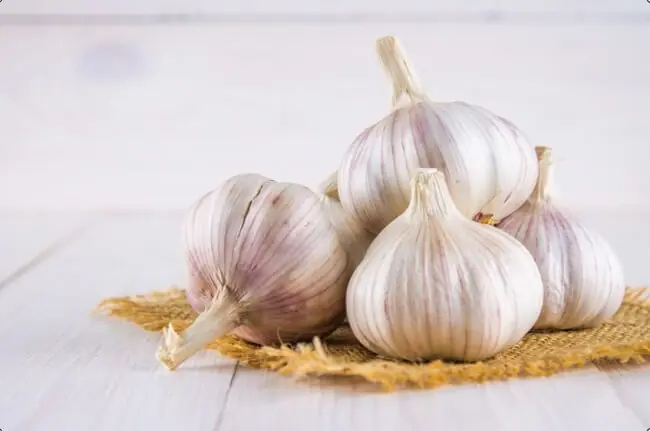
The possible health effects of eating one clove of garlic each day

Abandoned Baby Macaque Punch At Ichikawa Zoo Wins Hearts Worldwide After Viral

4 Unexpected Facial Clues That May Point to Underlying Health Problems

Sinus pressure driving you crazy? Try this easy method right now.

Before you try med.icine, add these 7 foods to your diet.

5 Things That Happen to Your Body When You Eat an Apple Before Bed
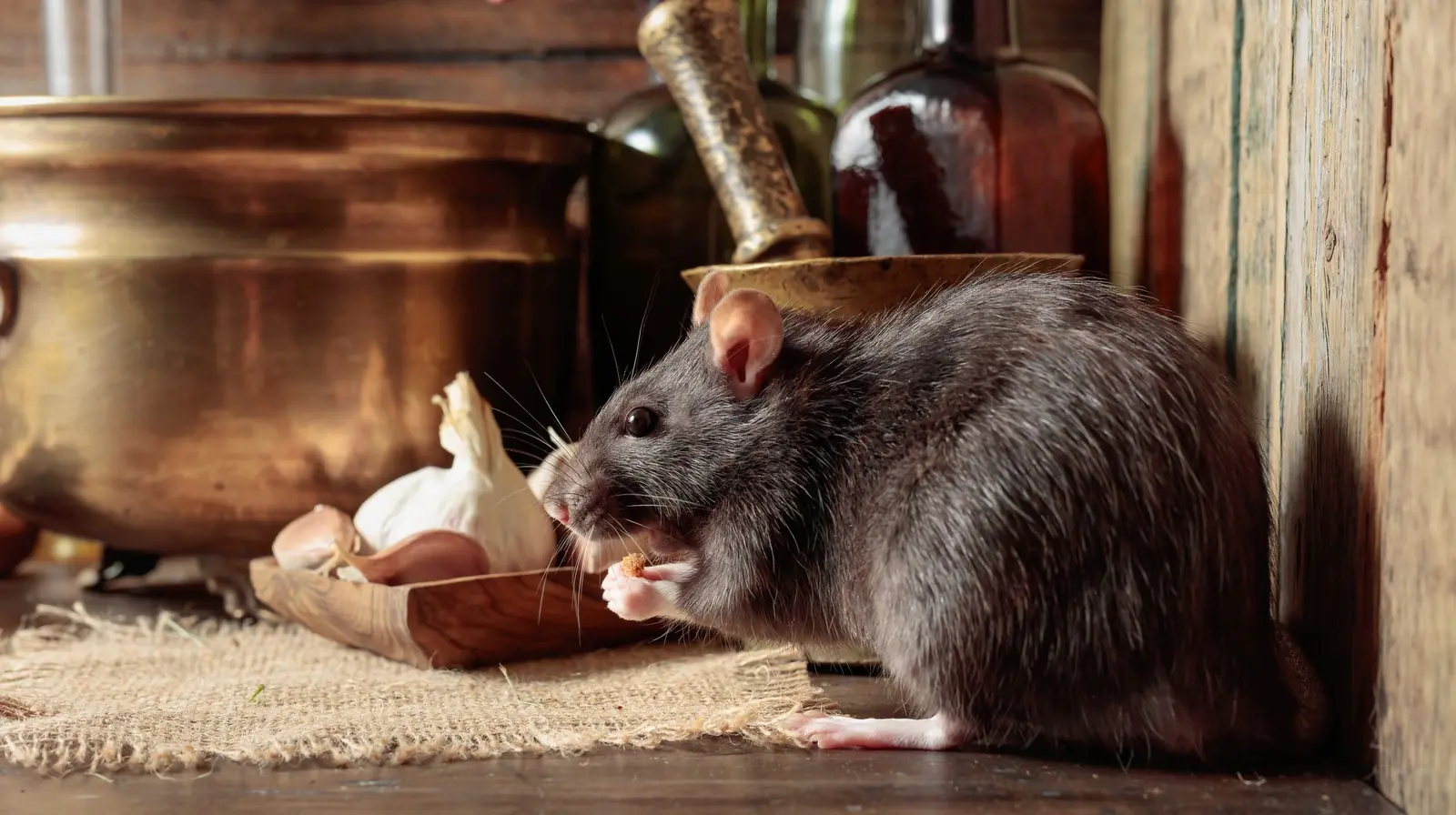
How to repel a rat infestation using a simple household ingredient

5 plants in your garden that could create conditions snakes are drawn to

What you may not know about the health benefits of dates

Protect Your Heart: 6 Foods That Lower Cardiovascular Risk

How to Make Vinegar-Pickled Garlic at Home Without It Turning Green

Often called a “superfood,” the winged bean has been gaining attention from doctors and nutritionists for its impressive range of health benefits.

Every year, over 200 people die from consuming what is known as the “world’s deadliest food,” yet nearly 500 million people still eat it.

Heart attacks are often sudden and devastating, but the reality is that your body can give you warning signs months before the event occurs.

Kidney dam.age before age 30: Doctors highlight two common habits that may raise the risk

Doctors highlight 5 after-meal symptoms that may be associated with late-stage stomach can.cer

7 surprising uses and possible health benefits of corn silk

5 kinds of meat that raise potential health concerns, according to industry insiders
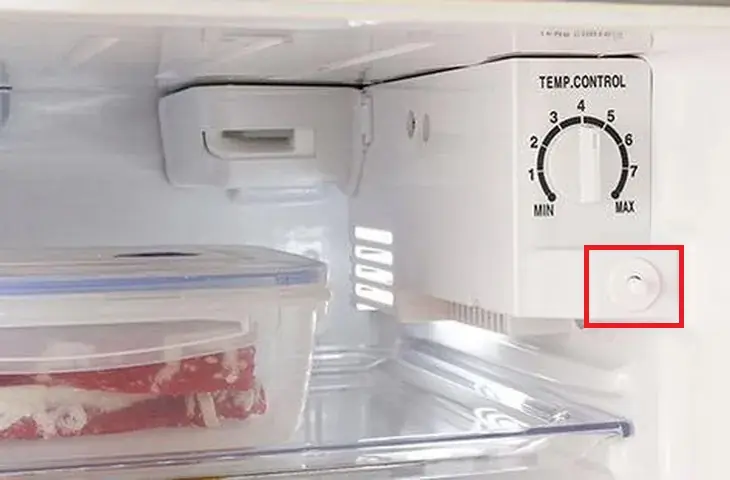
Your refrigerator has a tiny hidden button that could save you a surprising amount on your electricity bill

Your Brain Uses About 20% of Your Body’s Total Energy — Even at Rest

How your body may respond to a long-term habit of eating sweet potatoes in the morning

The X-ray That Exposed a Young Woman’s Chr.onic Constipation

4 everyday habits that may be weakening your immune system

Everyone deserves the chance to experience love, no matter what stage of life they are in.

One Person Boils Water, Whole Family Gets Cancer? 3 Water-Boiling Habits That “Poison” Your Family Without You Knowing